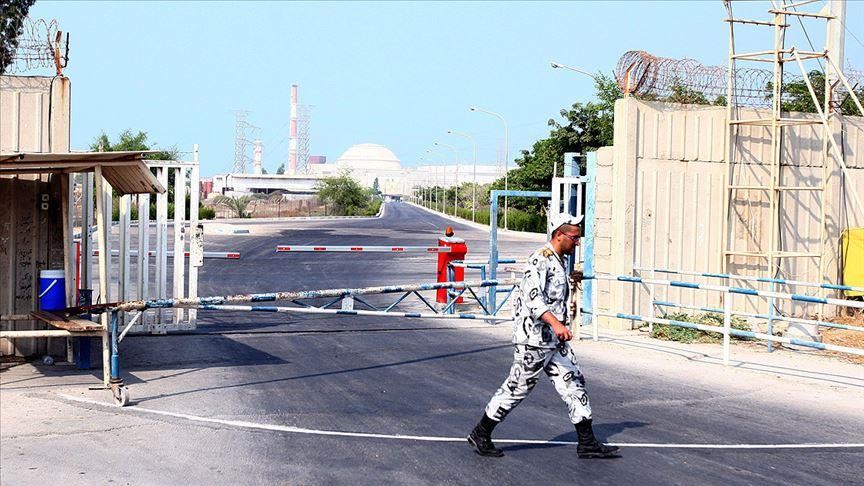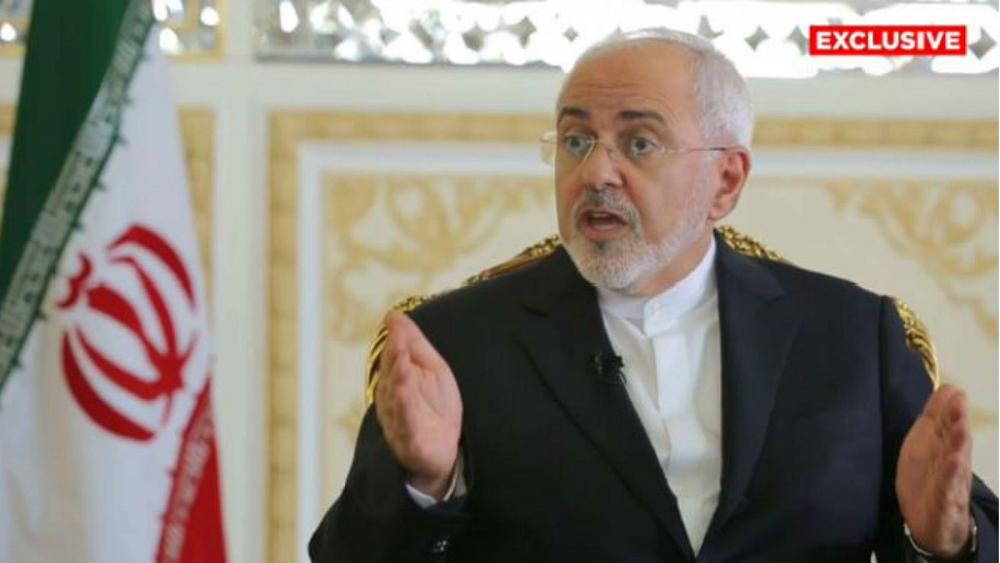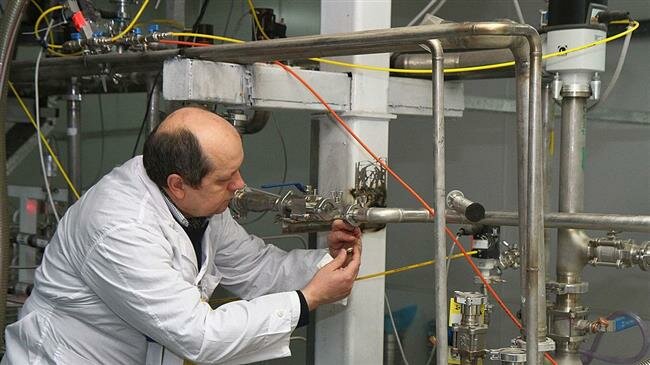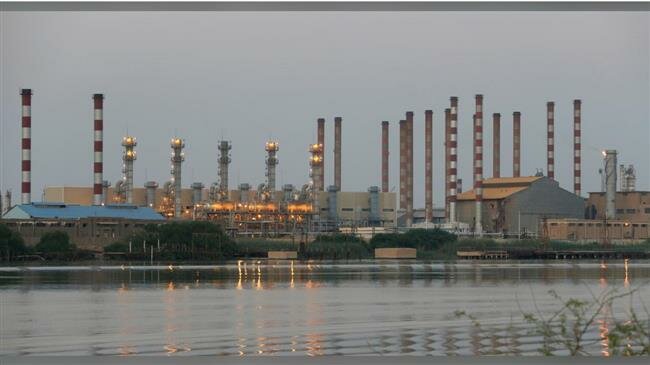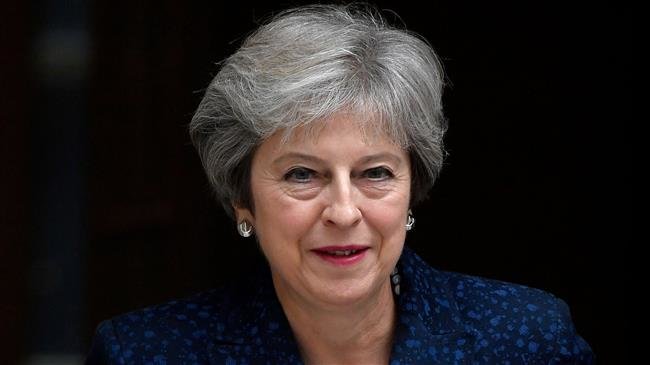Iran plans new steps cutting the Iran nuclear deal in early September, according to Russian Deputy Foreign Minister Sergey Ryabkov.
Publish dateMonday 29 July 2019 - 03:47
Story Code : 189119
Following a meeting of the Joint Commission of the Joint Comprehensive Plan of Action (JCPOA) in Vienna, Ryabkov told reporters on Sunday that Iran plans to implement the third step in the framework of the "less for less" line, reducing commitments voluntarily undertaken by the country under the deal.
The diplomat added that other participants of the JCPOA called on Iran to refrain from such steps.
Ryabkov said Tehran will abandon the "less for less" line in case of providing economic possibilities, promised under the deal.
The Instrument in Support of Trade Exchanges (INSTEX), established in January 2019 by France, Germany and the U.K. to facilitate transactions with Iran in circumvention of the SWIFT and dollar payment system still operates in pilot mode, but the first transaction was made, Ryabkov added.
"Moscow and Beijing continue to strive for the mechanism to be open to non-EU countries. And that it would be possible to carry out transactions on the export of Iranian oil through it. The main thing is that the mechanism is not virtual, it exists, and the first operations on it have already been carried out," he said.
Iran started to cut its commitments under the Iran nuclear deal in a retaliatory move following the U.S. unilateral decision to withdraw from a landmark 2015 nuclear deal between Tehran and the five permanent members of the UN Security Council plus Germany and the EU.
The U.S. has since embarked upon a diplomatic and economic campaign to ramp up pressure on Iran to force it to renegotiate the agreement.
The JCPOA allows Iran to reduce its commitments in case of other parties' breaches. Tehran insists the EU to act more actively regarding the implementation of its part of obligations, saying it will return to the full compliance with the deal once the EU has nullified the U.S. sanctions.
The diplomat added that other participants of the JCPOA called on Iran to refrain from such steps.
Ryabkov said Tehran will abandon the "less for less" line in case of providing economic possibilities, promised under the deal.
The Instrument in Support of Trade Exchanges (INSTEX), established in January 2019 by France, Germany and the U.K. to facilitate transactions with Iran in circumvention of the SWIFT and dollar payment system still operates in pilot mode, but the first transaction was made, Ryabkov added.
"Moscow and Beijing continue to strive for the mechanism to be open to non-EU countries. And that it would be possible to carry out transactions on the export of Iranian oil through it. The main thing is that the mechanism is not virtual, it exists, and the first operations on it have already been carried out," he said.
Iran started to cut its commitments under the Iran nuclear deal in a retaliatory move following the U.S. unilateral decision to withdraw from a landmark 2015 nuclear deal between Tehran and the five permanent members of the UN Security Council plus Germany and the EU.
The U.S. has since embarked upon a diplomatic and economic campaign to ramp up pressure on Iran to force it to renegotiate the agreement.
The JCPOA allows Iran to reduce its commitments in case of other parties' breaches. Tehran insists the EU to act more actively regarding the implementation of its part of obligations, saying it will return to the full compliance with the deal once the EU has nullified the U.S. sanctions.
avapress.net/vdciz3az3t1avz2.ilct.html
Tags
Top hits
